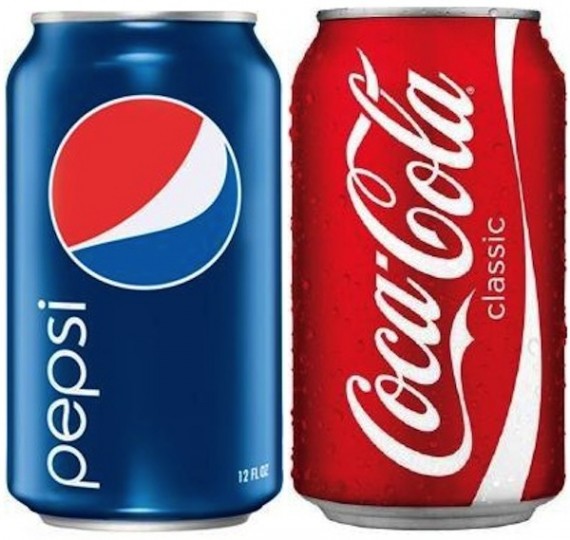EWG’s 2014 Shopper’s Guide to Pesticides in Produce
Two-thirds of produce samples in recent government tests had pesticide residues. Don’t want to eat bug- and weed-killers? EWG’s Shopper’s Guide to Pesticides in Produce helps you shop smart. We highlight the cleanest and dirtiest  conventionally-raised fruits and vegetables. If a conventionally grown food you want tests high for pesticides, go for the organic version instead. And remember – the health benefits of a diet rich in fruits and vegetables outweigh risks of pesticide exposure. Dirty Dozen? Plus highlights hot peppers and leafy greens – kale and collard greens – often tainted with unusually hazardous pesticides.
conventionally-raised fruits and vegetables. If a conventionally grown food you want tests high for pesticides, go for the organic version instead. And remember – the health benefits of a diet rich in fruits and vegetables outweigh risks of pesticide exposure. Dirty Dozen? Plus highlights hot peppers and leafy greens – kale and collard greens – often tainted with unusually hazardous pesticides.
Coke, Pepsi Drop Controversial Ingredient
This week, Coke and Pepsi decided that they will no longer use brominated vegetable oil, or BVO, in their soft drinks. BVO is an emulsifier; it helps to keep other ingredients, like flavors and colors, nicely mixed together. But last year, a 15-year-old girl got a petition going that labeled BVO a “fire retardant chemical” and called on companies stop using it. It attracted more than  206,000 signatures. So why all the fuss? Basically, it’s because “brominating” your food sounds rather unpleasant. It involves attaching an atom of bromine to it, and pure bromine is not something that you want to encounter in a dark alley. It’s a toxic chemical.? When bromine dissolves in water, which it does very quickly, it turns into an ion called bromide. Some people think that consuming BVO could mean you end up with bromide in your blood. Now that BVO is off the table, Coke and Pepsi will replace it with other emulsifiers, such as sucrose acetate isobutyrate glycerol ester of rosin. Is there anything wrong with them? We don’t know yet. Stay tuned.
206,000 signatures. So why all the fuss? Basically, it’s because “brominating” your food sounds rather unpleasant. It involves attaching an atom of bromine to it, and pure bromine is not something that you want to encounter in a dark alley. It’s a toxic chemical.? When bromine dissolves in water, which it does very quickly, it turns into an ion called bromide. Some people think that consuming BVO could mean you end up with bromide in your blood. Now that BVO is off the table, Coke and Pepsi will replace it with other emulsifiers, such as sucrose acetate isobutyrate glycerol ester of rosin. Is there anything wrong with them? We don’t know yet. Stay tuned.

Comments are closed.